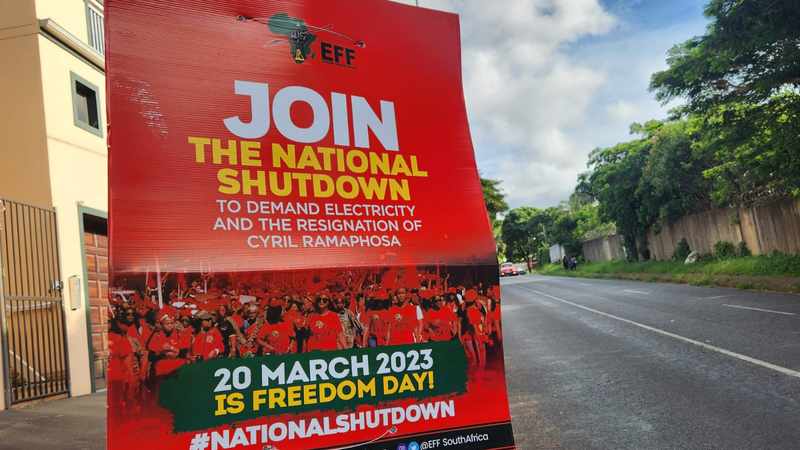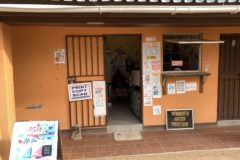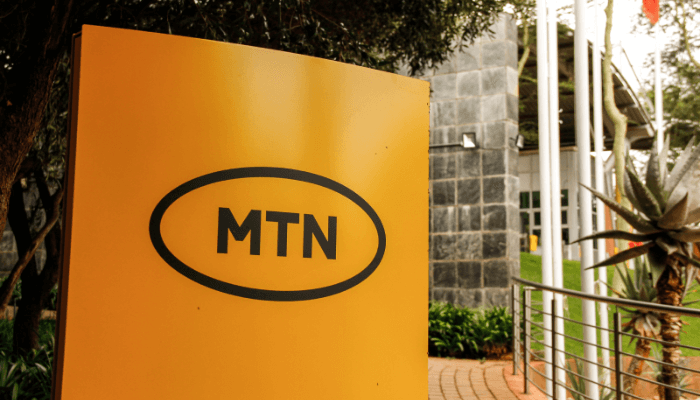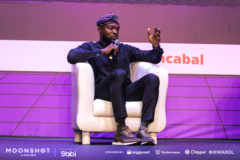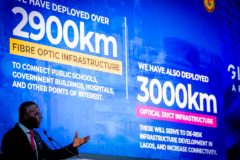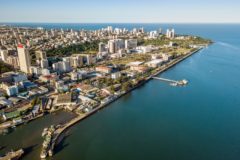Monday, March 20, is the day of the #NationalShutdown in South Africa. The protest is spearheaded by the opposition Economic Freedom Fighters (EFF) against the country’s lingering power shortage. The party also called for the resignation of president Cyril Ramaphosa.
Described by the EFF as a peaceful protest and by the ANC as an anarchical protest with a probability of violence similar to the July 2021 protests which turned into widespread looting and violence. The #NationalShutdown has spawned different narratives which are all competing for adoption amongst the masses.
One place where this scrabble to control the narrative is playing out is on Twitter. The EFF has, since its formation in 2013, been known as the “Twitter party” as a mocker ybecause of the inability of the party to translate its extensive social media support to ballots. This time, however, the party’s Twitter activity has translated to tangible action on the ground as seen by the number of businesses that have closed shop as a result of the shutdown.
Whether the shutdown is due to fear of the protests escalating into violence like in July 2021 or businesses supporting the protest action is another debate; what remains apparent is that the #NationalShutdown campaign has shown the impact of social media in shaping political discourse in the country.
War of narratives
According to Twitter hashtag tracker Tweetbinder, over the last seven days, the #NationalShutdown hashtag has garnered 519,000 tweets and has reached over two million people. Activity peaked today at about 11:00am CAT, with over 18,000 tweets posted under the hashtag.
EFF president Julius Malema, who has almost four million followers on Twitter, as well as other senior members of the party—commissar Mbuyiseni Ndlozi (1.5 million followers) and deputy president Floyd Shivambu (1.3 million followers)—have all been tweeting and retweeting a storm about the protest, particularly its supposed far-reaching impact across the country as well as its non-violence.
Members of the ruling African National Congress (ANC), not wanting to be outdone in the war for owning the narrative, have also been tweeting their own counter-narratives. They have been pointing out the lack of impact of the protest as well as unconfirmed reports of violence by EFF supporters in some areas.
ANC secretary general, Fikile Mbalula, with three million Twitter followers, has especially been at the forefront of the counter-offensive.
Signs of what’s to come in 2024
South Africa goes to presidential and parliamentary polls in 2024 and today’s social media activities around the #NationalShutdown gives a sneak peek of what to expect when political campaigns get underway. From today’s shutdown, it is clear that social media is going to play an influential role in deciding the flow of the tide in the 2024 general elections. The use of social channels to mobilise activity on the ground might be a cause of concern for other parties in 2024, especially the ruling ANC.
The severity and impact of the shutdown are , of course, up for debate. Some experts have pointed out that the fact that tomorrow, Tuesday, is a public holiday in South Africa is the reason some businesses closed. The EFF and its sympathisers, on the other hand, point to the effectiveness of their mobilisation as the reason. Regardless of either reason, it is clear that social media in South Africa continues to play a significant role in driving protest action and will continue to do so for the foreseeable future.







